This article is by Matt Beard for The Philosopher's Zone via ABC News.
When it comes to having kids, there are many things to consider: do you have the financial security, the emotional maturity, a healthy enough career? Are you ready?
But for some philosophers, the biggest question is whether it is right to become a parent at all.
Some philosophers, known as 'anti-natalists', believe choosing to have children is an unethical endeavour. They argue that 'pro-natalism', or the view that having children is always and everywhere good, is mistaken.
The more extreme version of anti-natalism is a tough pill to swallow. It suggests because existence itself is, basically, a bit miserable, it would be more merciful not to bring anybody into being.
The perennially pessimistic Arthur Schopenhauer once wrote:
"If children were brought into the world by an act of pure reason alone, would the human race continue to exist? Would not a man rather have so much sympathy with the coming generation as to spare it the burden of existence?"
This invites a crucial question: spare whose existence exactly? Until future humans actually exist, we can't talk about what they would prefer.
Anti-natalists, like David Benatar, suggest non-existence might be preferable to existence.
But it's a problematic contention, given you can only have preferences once you exist.
What kind of world will your child grow up in?
Other forms of anti-natalism deserve to be taken more seriously.
As scholar Travis Rieder points out, when we conceive a new life, we "inflict the child on the world, and inflict the world onto the child" — and each of these inflictions carries ethical weight.
Babies aren't great for the environment. From disposable nappies to air conditioning, to all the other resources a new body consumes, there is an ecological cost attached to bringing forth new life.
And when — if ever — is it right to inflict another resource guzzler onto an already-guzzled world?
What's more, our children will have to live in this resource-guzzled world and, if some of the climate trends are to be believed, it might not be the nicest place to live.
For Rieder, this view is summarised by a comment made by a New York Times reader, who wrote: "I love my children so much I didn't have them."
The 'moral' path to parenthood
But if becoming a parent is central to your definition of a meaningful life, there's one "morally magic" — and anti-natalist-backed — option, available to you: adoption.
If we adopt, we don't inflict an additional life on the world and we improve the life of someone who already exists, which is a bit of a dream scenario for many moral philosophers.
Although the argument applies to anyone considering conceiving a child, it seems additionally poignant for those who might take extreme measures to conceive 'their own' child through ethically complex and financially demanding methods like surrogacy or IVF.
Why, anti-natialism asks, would you go to all this trouble when there are other options on the table?
Why indeed? What's so special about our children sharing our genetic heritage? Why the preoccupation with literal 'blood ties'?
According to philosopher Samantha Brennan, the traditional family structure — mum, dad, kids, grandparents, aunts and uncles — has been given disproportionate moral status without good reason.
She points out that even those outside of heteronormative families, such as same-sex couples or co-parenting partners, still prefer to raise children who share their genes.
The reasons why aren't clear to Brennan, but one justification comes from the natural law tradition, a philosophical theory closely interwoven with the Catholic intellectual tradition.
Natural laws hold that our interest in family — the creation and rearing of children — is one of the basic motivators of human activity (what they call a basic good).
Perhaps part of the reason we're interested in genealogies, ancestry and having children who have our eyes, noses or smile is simply because we're wired toward reproduction.
But exactly what, if anything, makes biological continuity so special remains unclear.
It seems philosophers, like parents, have their work cut out for them.
More: http://www.abc.net.au/radionational/programs/philosopherszone/


